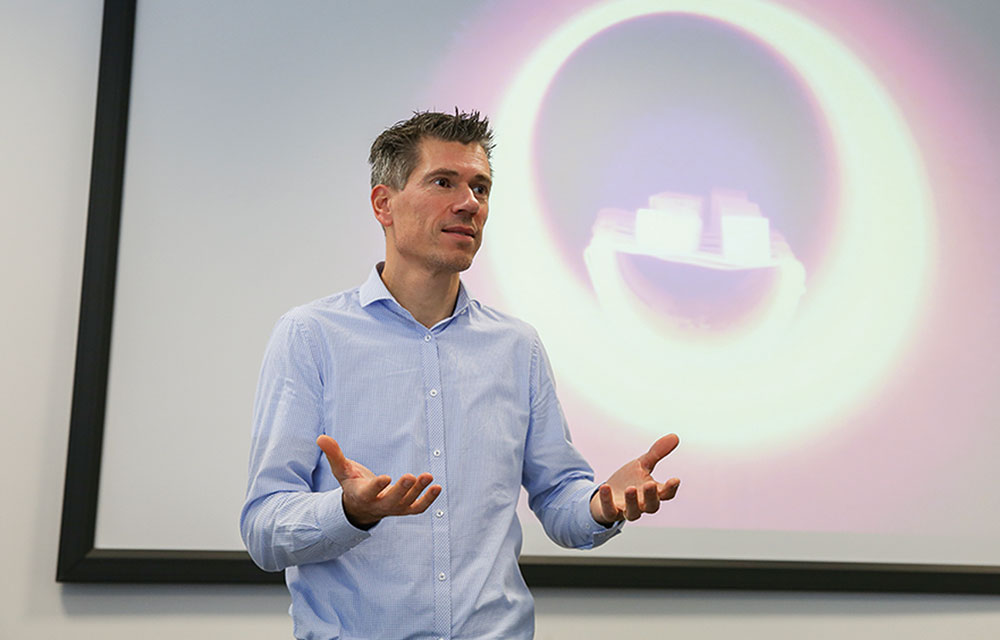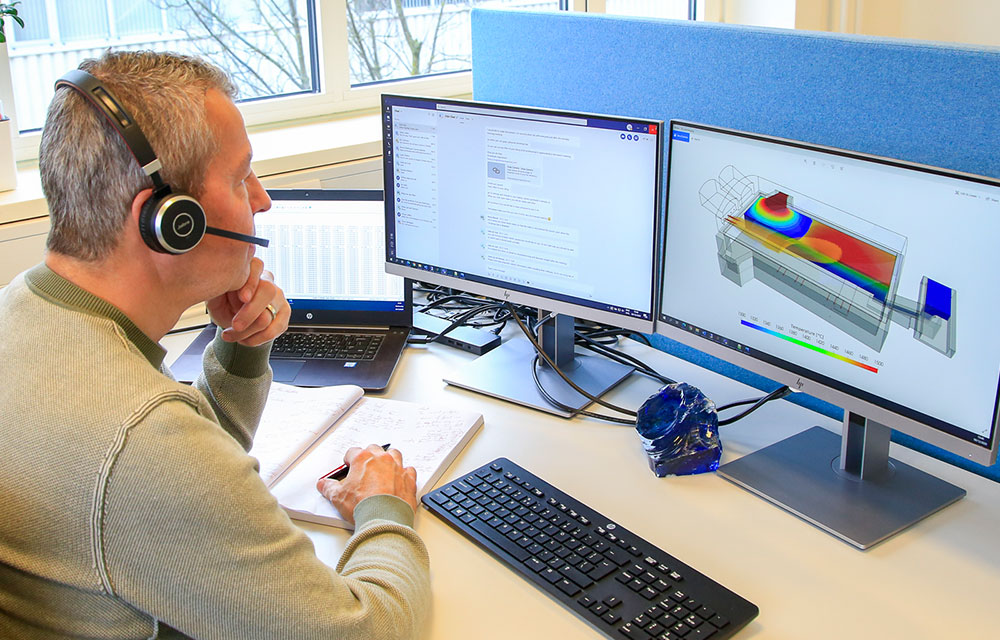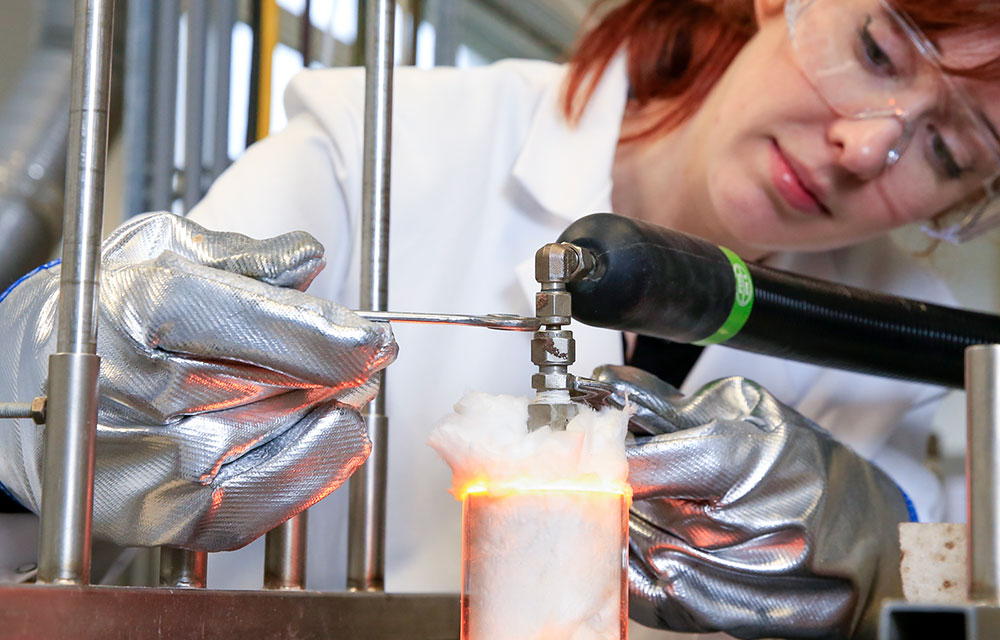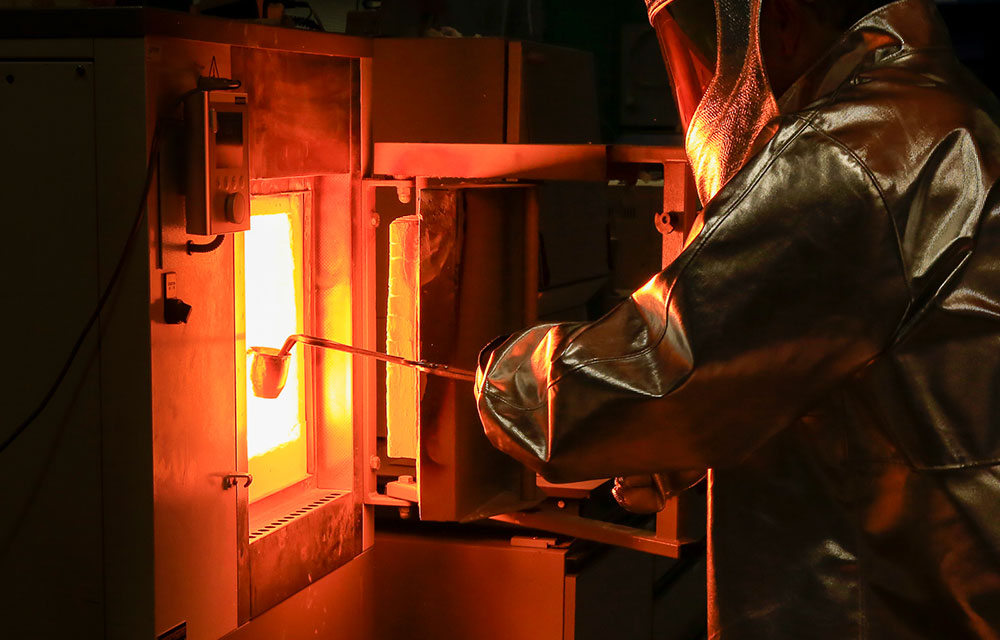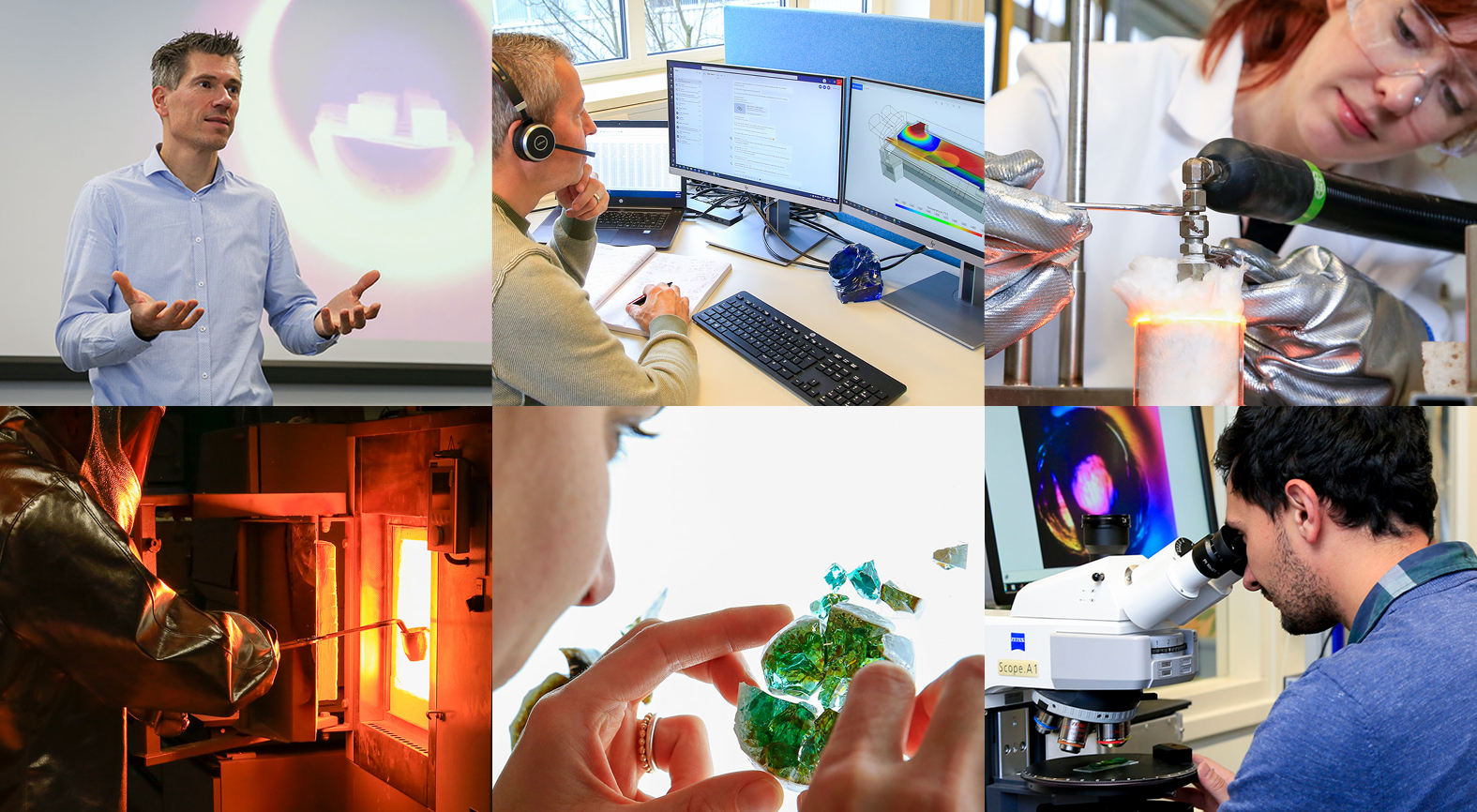GENERAL GLASS TECHNOLOGY (EUROPEAN AUTUMN EDITION)
Whether you are a new entrant or a seasoned professional, this course is a fantastic opportunity to learn about the key glass-making technologies, from raw materials to the start of the forming process! This week-long, in-person training with about 20 industrial glass professionals and 6 trainers offers an excellent opportunity for networking, allowing participants to build valuable industry connections and exchange insights.
After training, you will better understand and control your glass production process. You will learn to improve glass properties by optimizing raw materials and improve redox-based issues affecting heat transfer, fining, foaming, and color. You will also be able to recognize, identify and resolve solid and gaseous defects effectively. You’ll be empowered to contribute to more sustainable and energy-efficient glass production practices.
Join the more than 1,000 professionals who have trusted in us over the last three decades.
Contents
• A visit to a glass factory
• Glass and furnace technology
• Glass structure and properties
• Raw materials and recycling
• Batch-to-melt conversion
• REACH directive
• Redox definitions
• Glass color
• Sulfate chemistry and fining
• Foaming
• Defects: bubbles and seeds
• Heat transfer
• Evaporation
• Furnace types and designs
• Process control
• NOx reduction
• Emissions
• Sustainability
• Electrical boosting
• Energy efficiency and carbon capture
• Refractory materials
• Defects: solid inclusions
Expand your professional network!
Our training program offers more than just knowledge; it’s an experience.
In addition to learning, we offer networking opportunities and industry-specific experiences to help you advance your career. With us, you’ll develop insights and connections to the world of glassmaking that go far beyond the classroom.
After the training you will
• Understand how various raw materials can be used to adjust your glass chemistry, properties and melting behavior
• Know how to react when redox-based issues occur that impact heat transfer, fining, foaming and color of the glass
• Select process design and operation parameters to achieve emission reductions, energy savings and improve sustainability of glass production
• Be prepared for future glass melting concepts
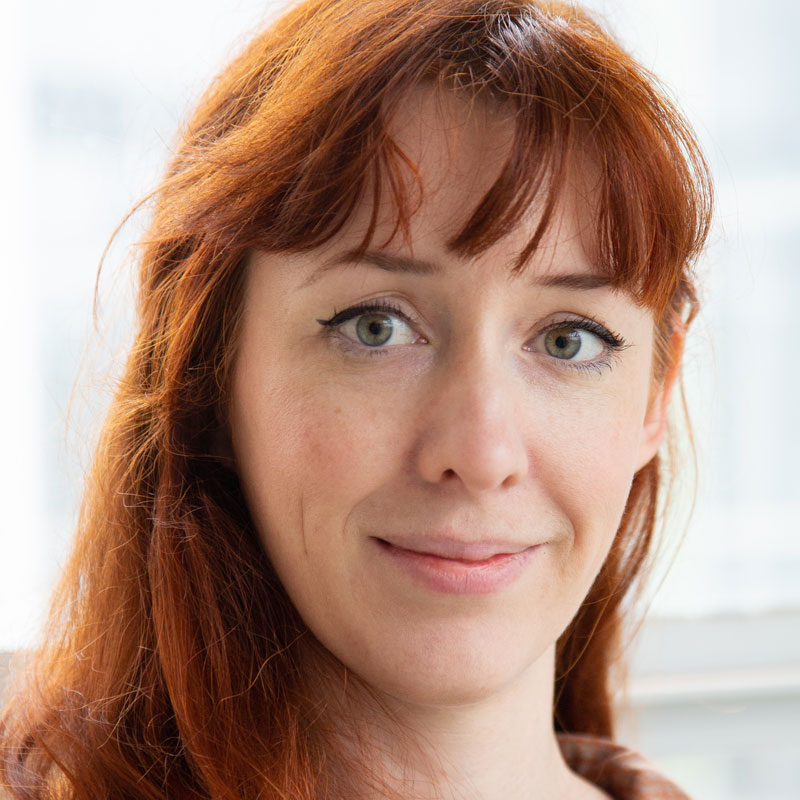
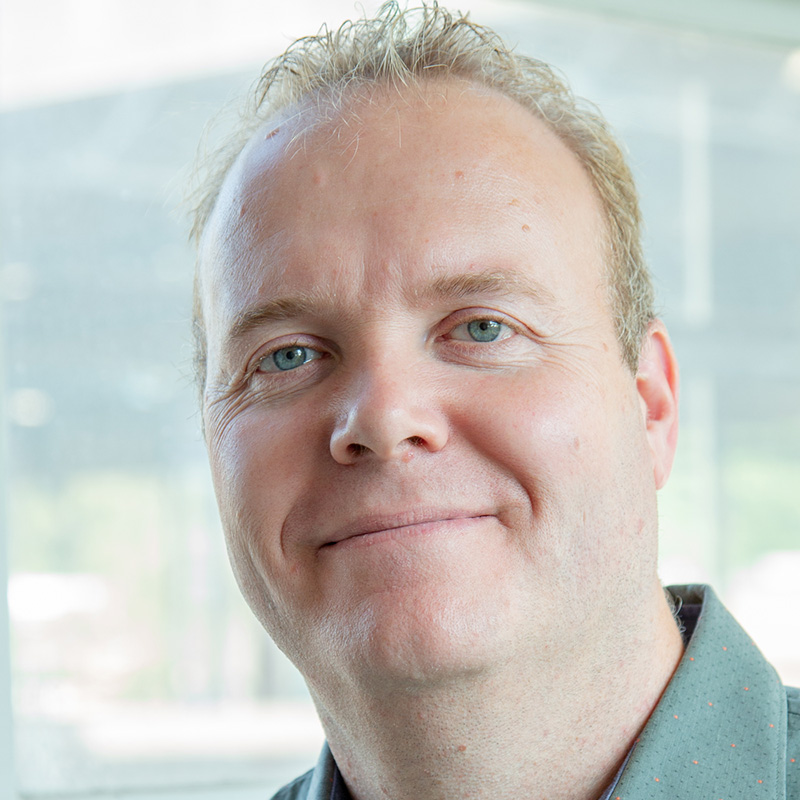
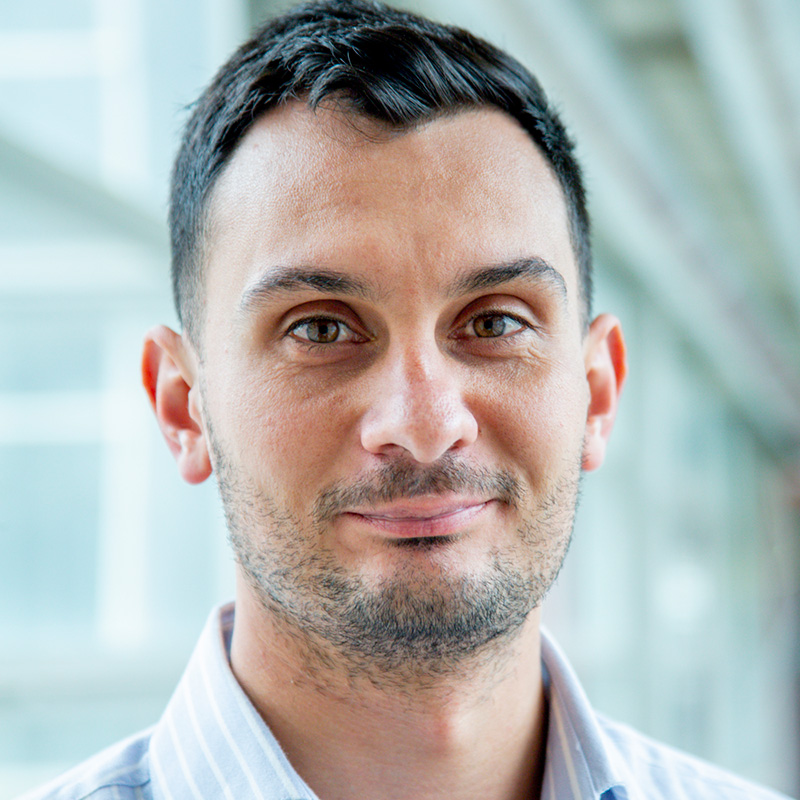
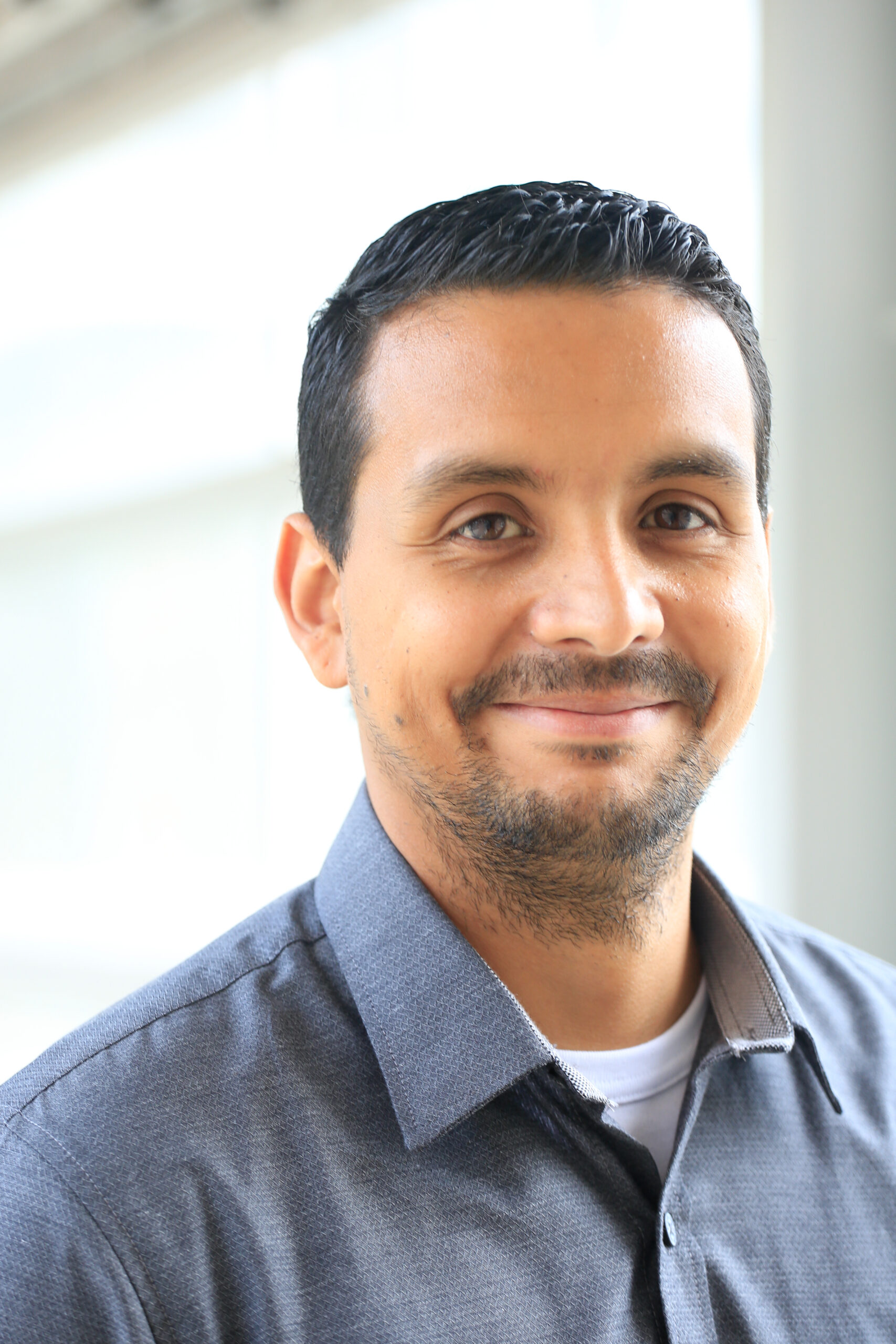
Price excludes tax and duties.
The 6th participant from the same company can join for free.

